
How "Django Unchained" passed the censorship bar
"Django Unchained" was said to have challenged Chinese censorship standards, but now it certainly seems to have lost that battle.
Quentin Tarantino himself cut the Chinese version to bypass censorship.
Due to his style of black humor, violence and blood, Tarantino's films, including "Kill Bill" which features several scenes shot in China, have never landed on the Chinese mainland. To bypass the nation's censorship, the violent and bloody "Django Unchained" had already undergone several changes.
Zhang Miao, head of Columbia Pictures' China office, told the press days ago that the director himself had agreed to adjust the film a little for a different market.
The cut scenes include the bloody shooting between Django (played by Jamie Foxx) and Calvin Candie's (played by Leonardo DiCaprio) people towards the end of the film, as China.org.cn observed during the movie premiere on Tuesday night.
"The adjustment is a kind of progress, rather than saying it is a compromise. The so-called 'bloodshed and violence' scenes are actually serving the movie's theme. The adjustments, such as darkening the color of the blood and cutting down on the movie’s blood spill, will not affect the movie's quality," said Zhang.
Recent Hollywood movies that have been forced to cut some scenes or had them removed by the authorities include the latest James Bond movie "Skyfall" and fantasy epic "Cloud Atlas." "Cloud Atlas" even lost a whopping 38 minutes and the then co-director Lana Wachowski said "it sucks" at a Chinese press conference -- before later retracting her statement and stating the directors loved the Chinese parties' efforts.
As "Django Unchained" had passed the censorship-bar with no more than a two-minute cut, the many scenes of violence and bloodshed in the film might not only excite Tarantino fans and movie goers, but also cause social concern about how to protect the youth since China does not yet have a film rating system.
 |  |

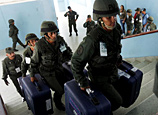

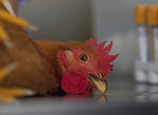
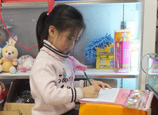
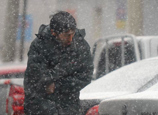

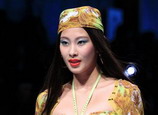

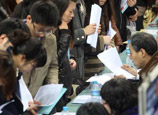






 Photo story: Nostalgia in a small telephone booth
Photo story: Nostalgia in a small telephone booth


![]()
